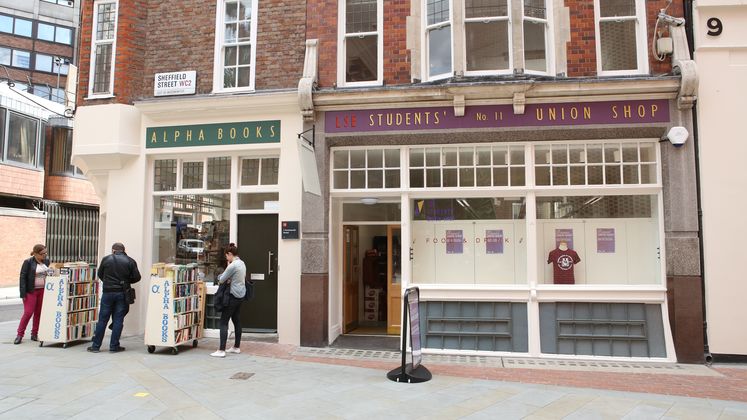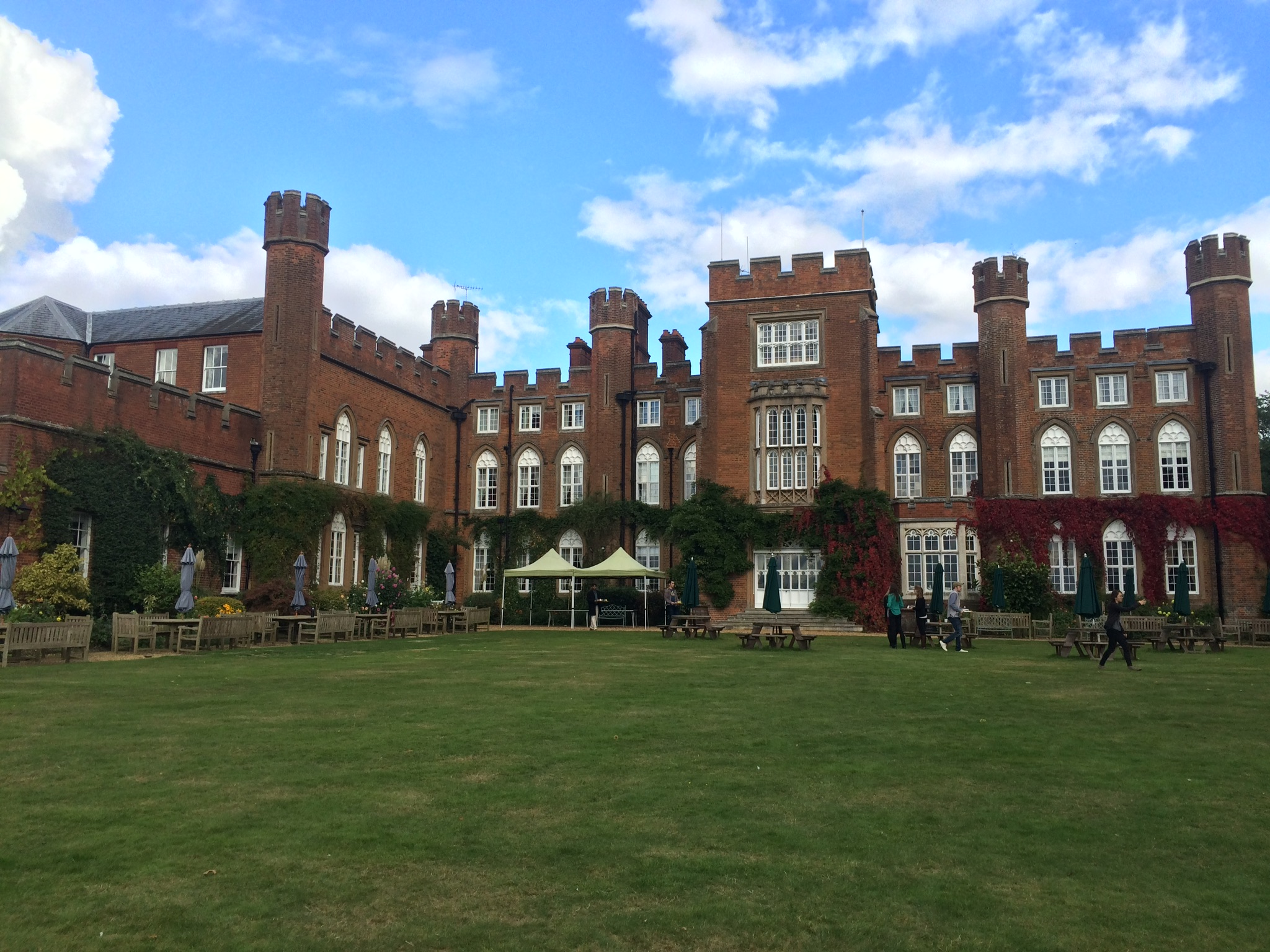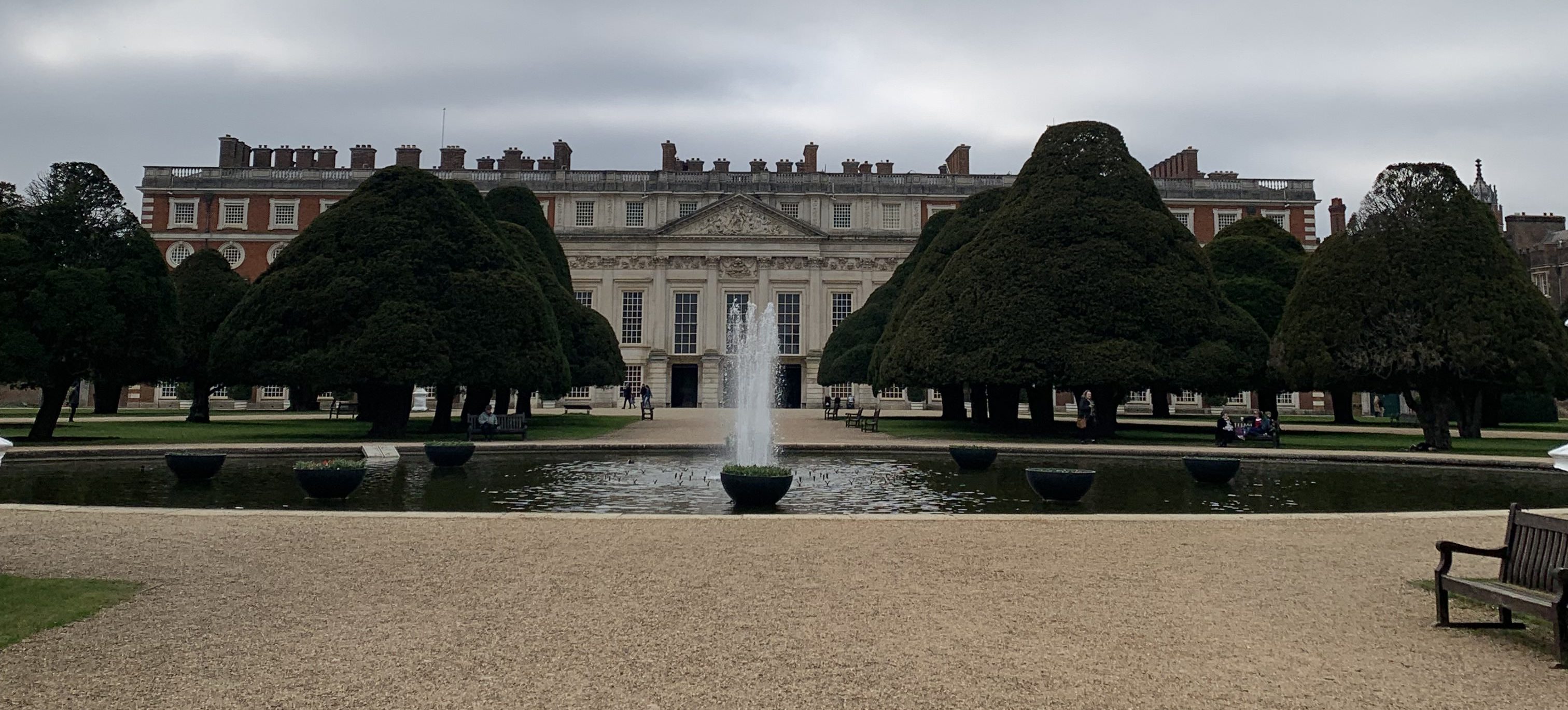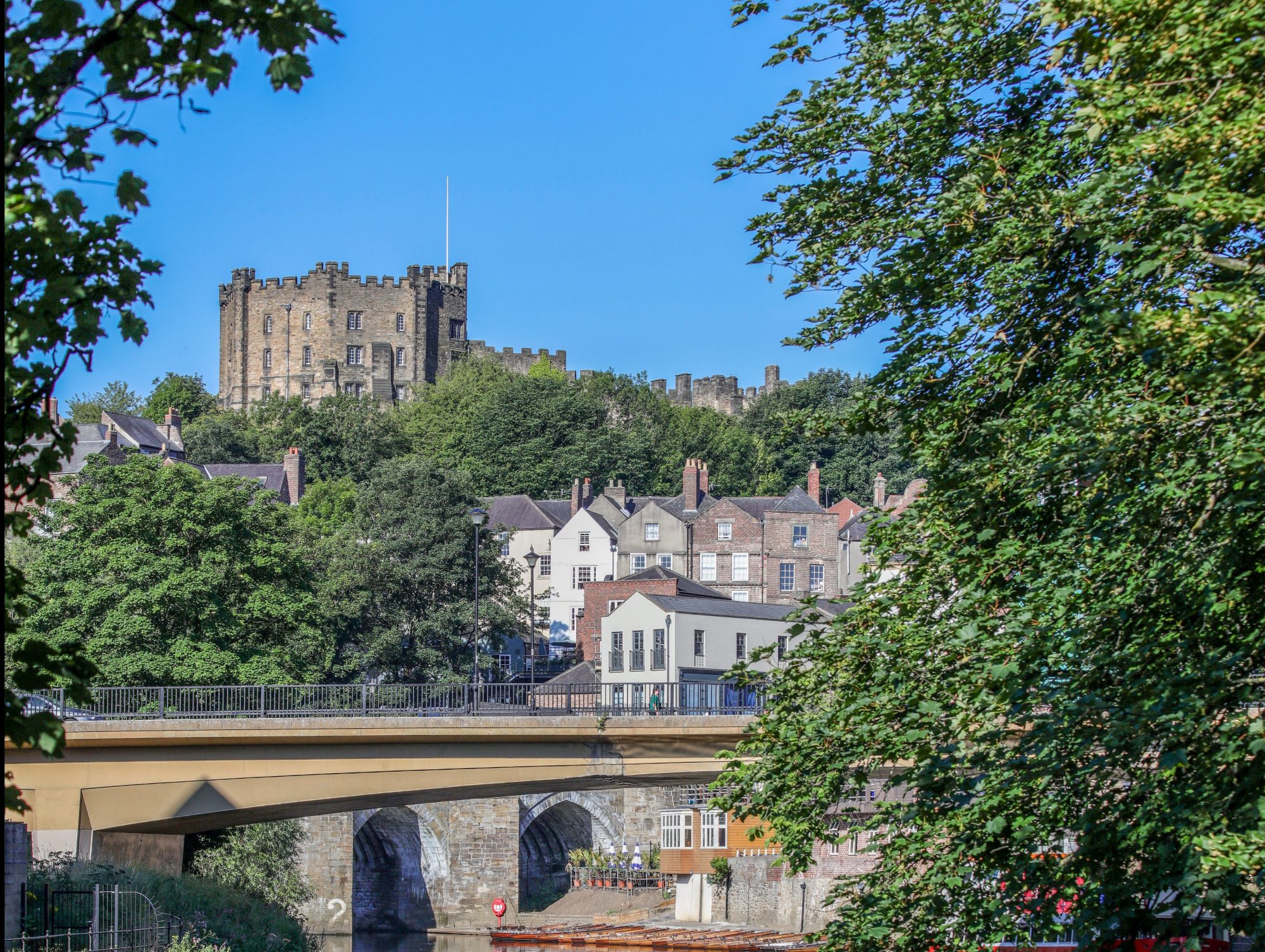General Course student Audrika shares her step-by-step guide in what she did when she arrived in London to start her year abroad at LSE. Audrika was an General Course student in the Department of Government at LSE from 2019-2020.
Moving to a new city can be scary, especially without a local number to use. As soon as you land at Heathrow you can get a prepaid SIM card inside terminal two, three and five. Most major mobile companies have online accounts where you can search and choose the right bundle for you. I was able to get a bundle which included unlimited data and calls for only about £15 per month, allowing me to keep in touch with family back home!
Step 2: Getting to your new home
Now you’ve got your phone sorted, you can easily call an Uber to take you from the airport to your new home. If you’re willing to spend a little extra money, you could also organise an airport transfer. There are many options available, you just need to call them beforehand or book a car online. In my experience of travelling during COVID-19, all these pre-booked cars were disinfected between rides and drivers maintained social distancing regulations.
However, it’ll be much cheaper to take the London Underground, which is very safe and easy to understand. The Piccadilly line connects Central London to Heathrow airport, with 24/7 service, making it super convenient when you first arrive. You can use Google Maps or Citymapper to determine the nearest Underground station to your dorm and plan your route from there.
 The Underground and other forms of public transport can be made even cheaper by applying for a student Oyster card, but it can take some time to complete the application process. I preferred to simply use a standard Oyster card, which you can get at any underground station in London.
The Underground and other forms of public transport can be made even cheaper by applying for a student Oyster card, but it can take some time to complete the application process. I preferred to simply use a standard Oyster card, which you can get at any underground station in London.
Step 3: Accommodation and Supplies
Depending on COVID regulations, you may need to arrive early in the UK. If you choose to book a hotel, Ibis hotels can be cheaper than many Airbnb options in central London. It’s best to compare prices on travel comparison websites to find the cheapest and closest options.
 The next important part of the move-in process is buying dorm supplies. College essentials like bedsheets and cooking utensils and food can be found in Argos, Marks and Spencer’s, and Tesco. LSE is just down the road from an expansive Sainsburys, but you might want to go online to browse for a larger range of products.
The next important part of the move-in process is buying dorm supplies. College essentials like bedsheets and cooking utensils and food can be found in Argos, Marks and Spencer’s, and Tesco. LSE is just down the road from an expansive Sainsburys, but you might want to go online to browse for a larger range of products.
Step 4: Getting a local debit card
Getting a debit or credit card is crucial, especially if you’re living in dorms that use a pay-as-you-go laundry system. To start with I just used my Bank of America travel card (it can take around a week for a UK card to arrive), which worked fine in most stores. It’s important that you have some sort of bank card with you when you arrive because not all places accept cash – even more so during a pandemic!
That being said, you won’t want to use your international card forever as the bank charges can stack up. Finding a bank can be challenging, particularly because not all banks are keen on opening an account that will only be in use for one year. However, Santander and HSBC are among the few banks that will allow General Course students to open an account. I opened my Santander account online and within a week I received a letter containing instructions on how to finish setting up my new account. It was very straightforward!
Step 5: Preparing for Classes
With a phone, debit card and a grasp of the underground, settling into London life should be no problem! In terms of preparing for the General Course, some courses may require you to get hold of some key texts. Some, like my macroeconomics course, even have a custom book that amalgamates chapters of other books into one neat study package. I wouldn’t worry about trying to get any books before term, there aren’t any classes or lectures until the second week. You can always borrow books from the library. If you would like your own copy I would suggest visiting Alpha Books (LSE’s second-hand book store) or Waterstones, both of which are located on campus and will have everything you need.
All views are those of the author and not LSE.
This post was written in September 2020. See here for the latest UK government guidance on coronavirus. Find out more on LSE’s response to coronavirus here.








Excellent job Audrika, this is great!